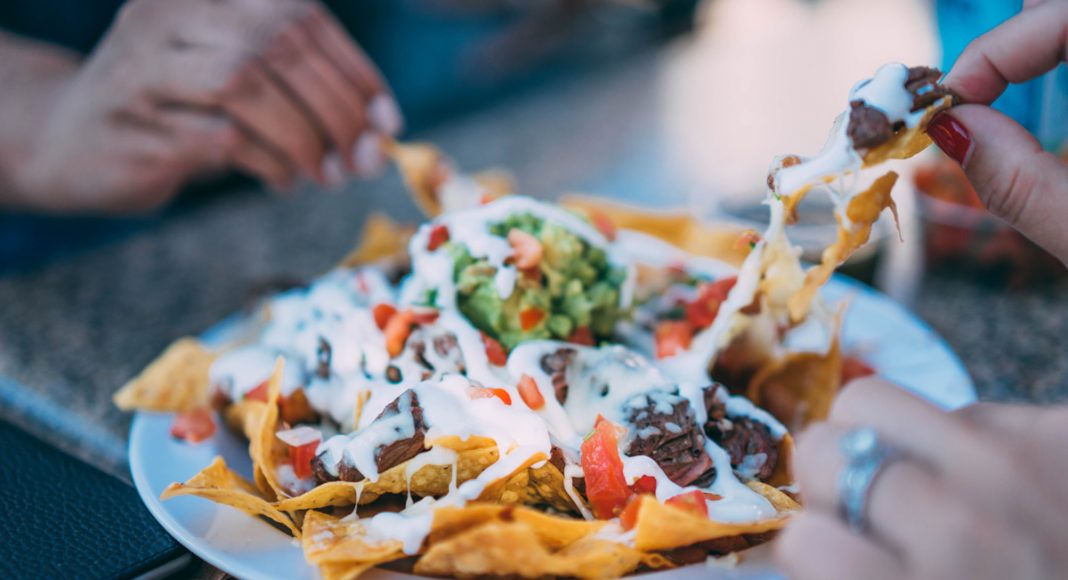Your metabolism is among the most misunderstood and complicated parts of your body. It’s also much maligned by fitness gurus, magical weight loss programs and more. This term is vast and refers to the chemical processes that occur within us to keep us alive. Nowadays, the term is mostly used to discuss all sorts of weight issues.
Vox compiled a list of facts to help you understand your metabolism, its role and limitations. Here are 5 of the most important and useful ones.
Your metabolism exists in every cell in your body
https://giphy.com/gifs/teachersseries-tvland-teachers-ftdluHcQBSgdpeo30i
RELATED: Why Maintaining A High-Protein Diet Can Be Dangerous
Researcher Michael Jensen explains that your metabolism is not a single thing but a series of mechanical processes. In it, each cell in your body transforms calories into energy, keeping you alive and able to do things. Your basal metabolic rate measures the amount of calories you burn while at rest. Half of this rate is consumed by your major organs – including your brain, heart and liver, and the other half is consumed by your muscles, fat and digestive system.
Metabolism varies widely from person to person
https://giphy.com/gifs/chrissy-nancy-odell-mEqMknMZWh1Fm
Two people of the same gender, height and weight can still have vastly different metabolisms. This phenomenon is not completely understood by physicians, although there are a few predictors of how a person’s metabolism should be. Your age, gender, genes, and amount of lean muscle and fat tissue are all important factors. Most women tend to have slower metabolisms than men, with their menstrual cycle having some influence.
Growing older slows down your metabolism
https://giphy.com/gifs/season-13-the-simpsons-13×13-l2JdU7e38RqzdlakU
No matter your body type and weight loss patterns, by the time you’re in your 60’s your metabolism will be slower than when you were in your 20’s. This decline in metabolism rate can start pretty early in life, with some people reporting changes as soon as they’re 18 years old.
You can’t speed up your metabolism
https://giphy.com/gifs/cbc-canada-schitts-creek-5vYvAs2dnrHeg8BhDy
RELATED: Do Any Of These 5 Bizarre Fad Diets Actually Work?
Diets, foods and workouts that claim to boost your metabolism aren’t backed by much science. Coffee, spices, and chilis that speed up your basal metabolic rate still don’t have much of an effect, being unable to affect your weight. What could improve your metabolic rate would be to build up muscle and lose a percentage of your body fat, since muscles use more energy than fat while on a resting state. Still, the more muscle you have, the more your body will demand for food, so it’s quite a complicated and mysterious dance.
Dieting can slow down your metabolism
https://giphy.com/gifs/hyperrpg-twitch-hyper-rpg-TDJX3kU4qedsutQ3PZ
Crash diets and drastic weight loss programs can slow down your metabolism for long periods of time. As you begin to lose weight, your body starts to fight this change, causing rebounds in weight, especially in cases where the change was too big. “Weight gain and loss are not symmetrical: The body fights much more strongly to keep weight from dropping than it does to keep weight from increasing,” explains neuroscientist Sandra Aamodt.


